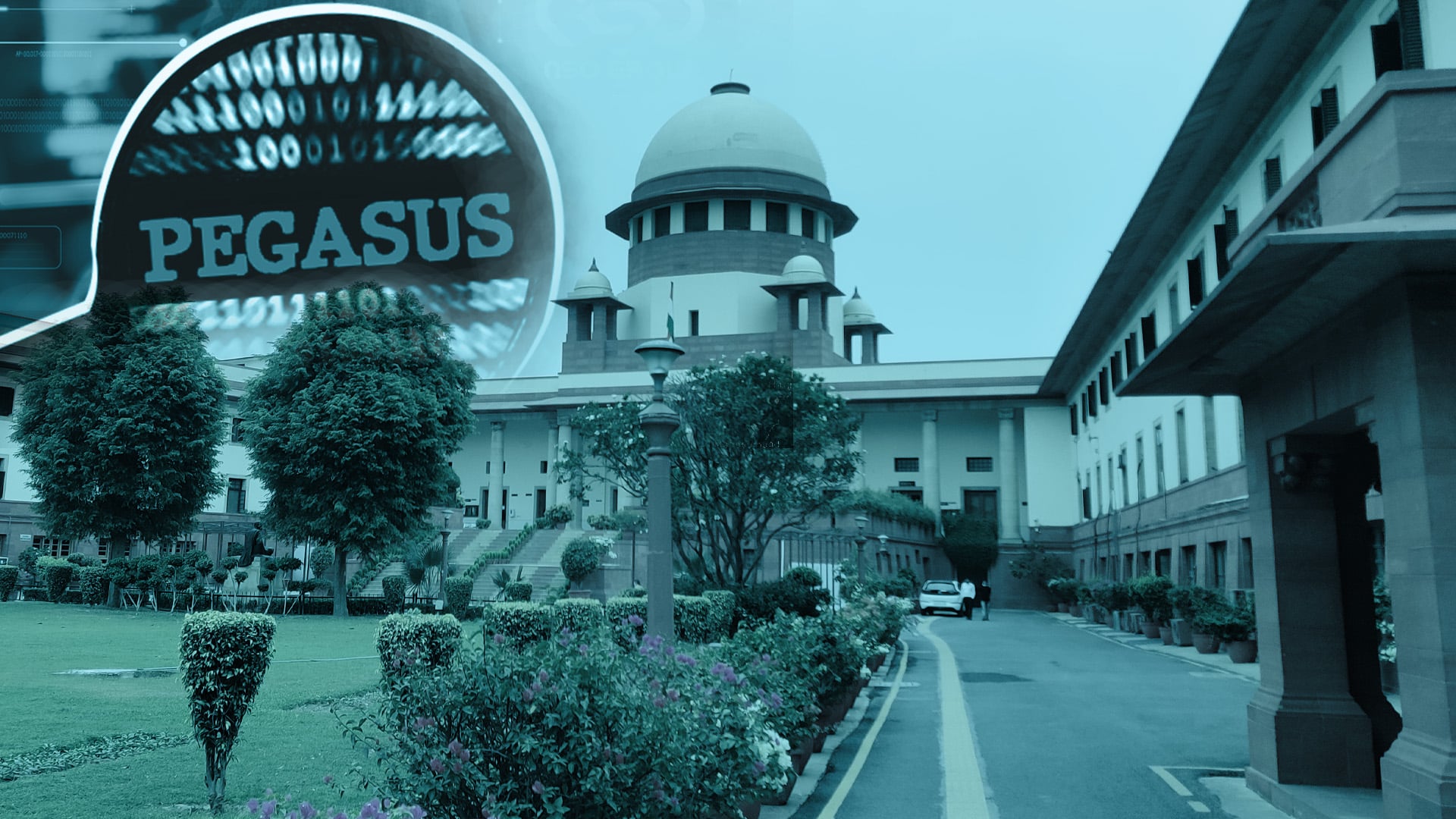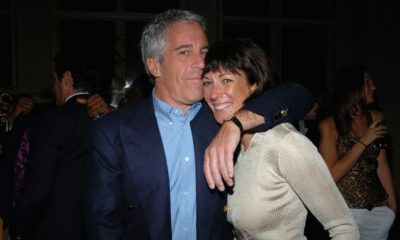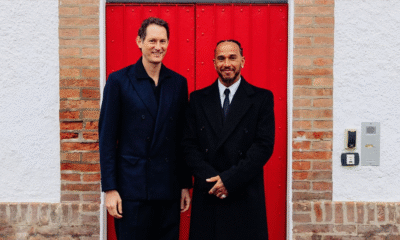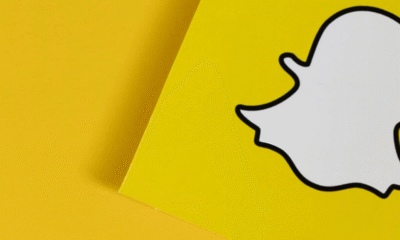Cybersecurity
Centre will extend full cooperation to SC-appointed panel: IT minister on Pegasus probe
The government will fully cooperate with the committee of experts set up by the Supreme Court to probe allegations of snooping using Pegasus software, IT and Communications Minister Ashwini Vaishnaw said on Thursday. He said the government will provide infrastructure, manpower, laboratory facilities, and information needed by the committee to complete its probe.
On social media regulations, the minister said that while social media platforms have given people chance to express themselves freely, at the same time, misuse of technology has placed “a huge burden of thinking” on where should the regulation be. Speaking at ‘Times Now Summit 2021’, Vaishnaw asserted that there has to a balance between privacy and social responsibility.
Also read: EV Charging Platform, ElectricPe, raises $3 M funding in a Seed Round led by Blume Ventures and Micelio Fund
“I would say, our policy will have to have our cultural roots, our needs, our realities in focus when we do the policy,” he said, adding that the element of “trust” has to come in social media. The government’s approach is not to censor but to enable self-regulation while empowering users of social media, Vaishnaw said. “There has to be first, an element of self-regulation. Self regulation is the first step, second is the users themselves come out and regulate. The third is the government should step in. So, the way we have structured our social media and intermediary rules, basically puts the consumer in the front,” he said.
India enforced new IT intermediary rules earlier this year, aiming to bring greater accountability for big tech companies, including Twitter and Facebook. The rules require social media platforms to remove any content flagged by authorities within 36 hours and set up a robust complaint redressal mechanism with an officer being based in the country. Social media companies are required to take down posts depicting nudity or morphed photos within 24 hours of receiving a complaint.
Significant social media companies — those with over 50 lakh users — also have to publish a monthly compliance report disclosing details of complaints received and action taken as also details of contents removed proactively. On the issue of alleged use of Israeli spyware Pegasus for targeted surveillance in India, Vaishnaw said the government “fully respects” the Supreme Court’s judgement. The committee formed by the Supreme Court has “stellar technical experts”, he said, adding that the government will provide complete cooperation to this committee in terms of infrastructure, manpower, laboratory facilities, and in terms of information that is needed.
“We are clean on this. We are absolutely clean on this, so we don’t have to worry about what is going to come out of this report,” he said. To a pointed question on whether no government agency ever bought Pegasus, Vaishnaw said, “I (had) very categorically told in the Parliament that whatever we are doing, is exactly in the framework of the law. And the law of the land has been clearly laid down by the Supreme Court guidelines. Absolutely, we are within those four walls of the law”.
Last month, the Supreme Court set up a three-member independent expert panel to probe the alleged use of Israeli spyware Pegasus for targeted surveillance in India. The apex court had also observed that the state cannot get a “free pass” every time the spectre of national security is raised and that its mere invocation cannot render the judiciary a “mute spectator” and be the bugbear it shies away from.
In a significant verdict over the issue of protecting citizens’ right to privacy that was welcomed by legal experts, a bench headed by Chief Justice N V Ramana had asserted that in a democratic country governed by the rule of law, indiscriminate spying on individuals cannot be allowed except with sufficient statutory safeguards by following the procedure established by law under the Constitution.







































